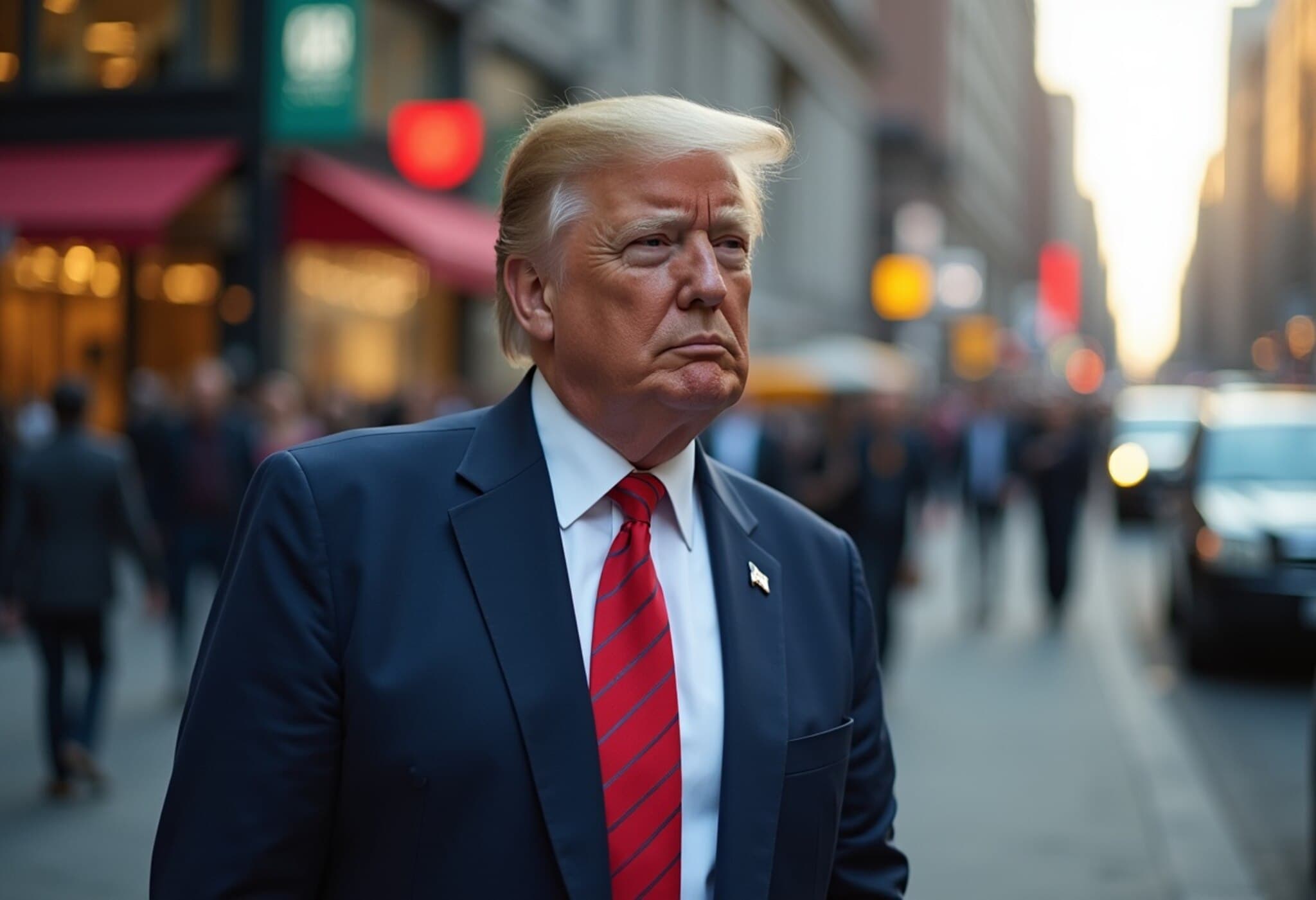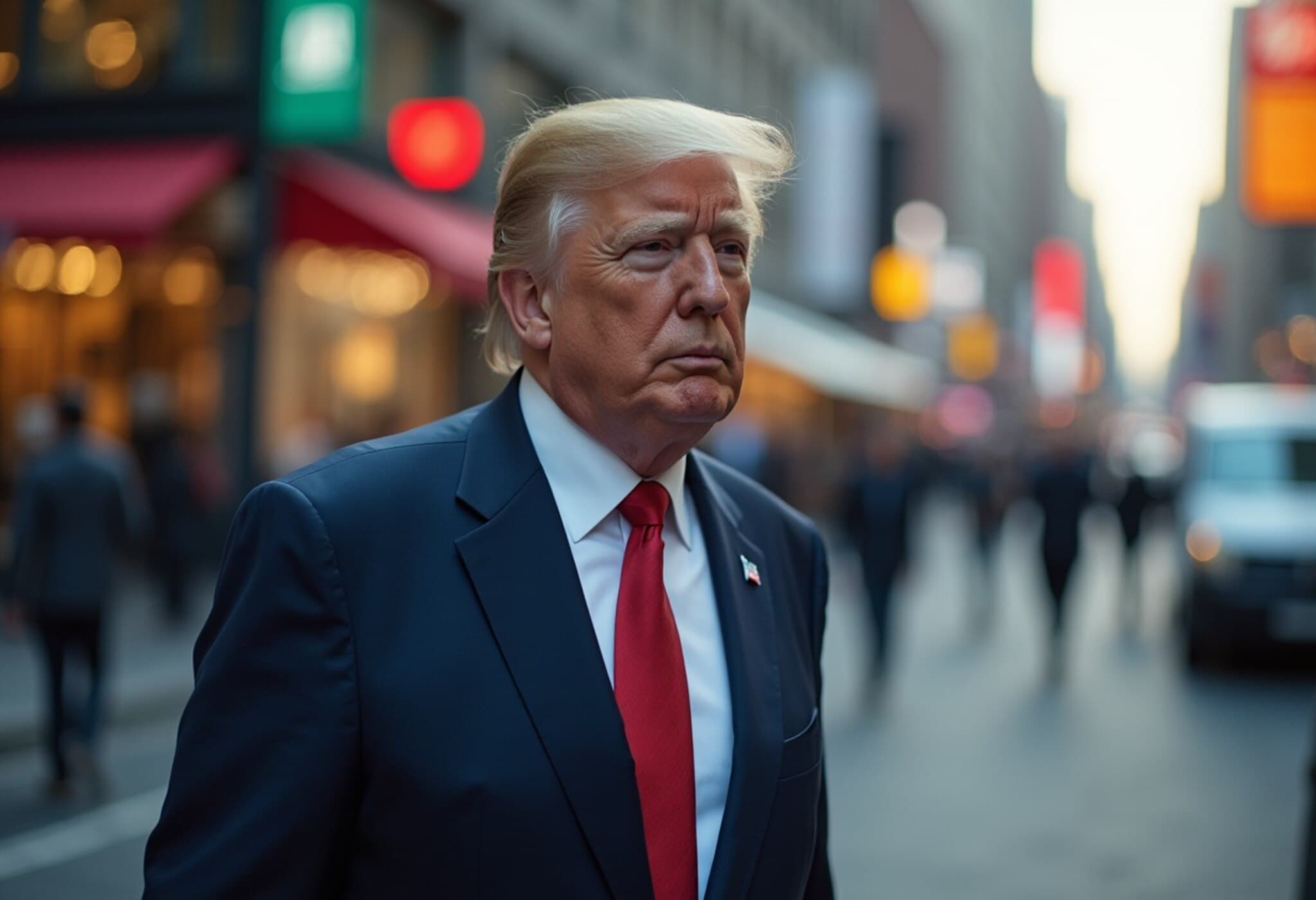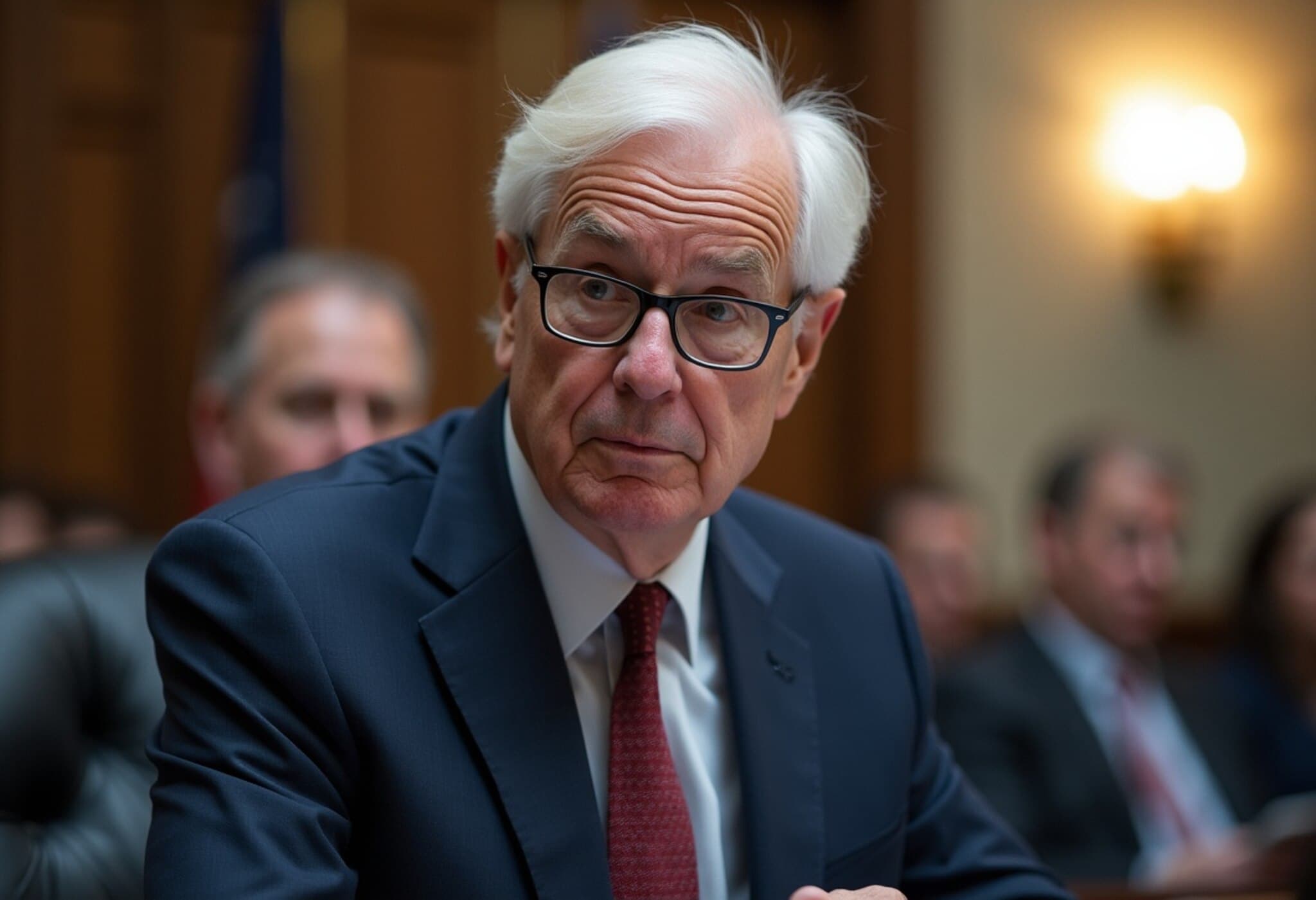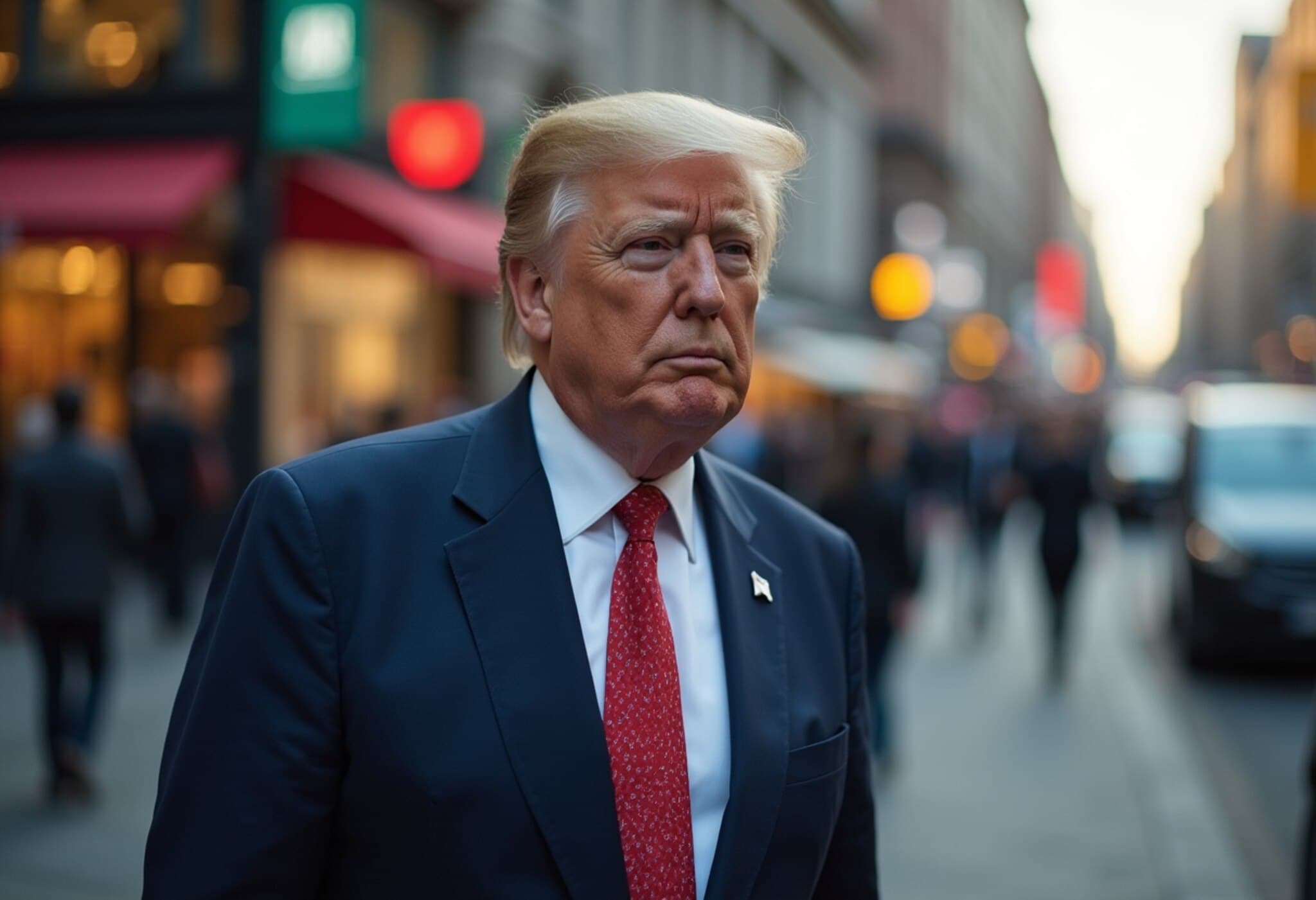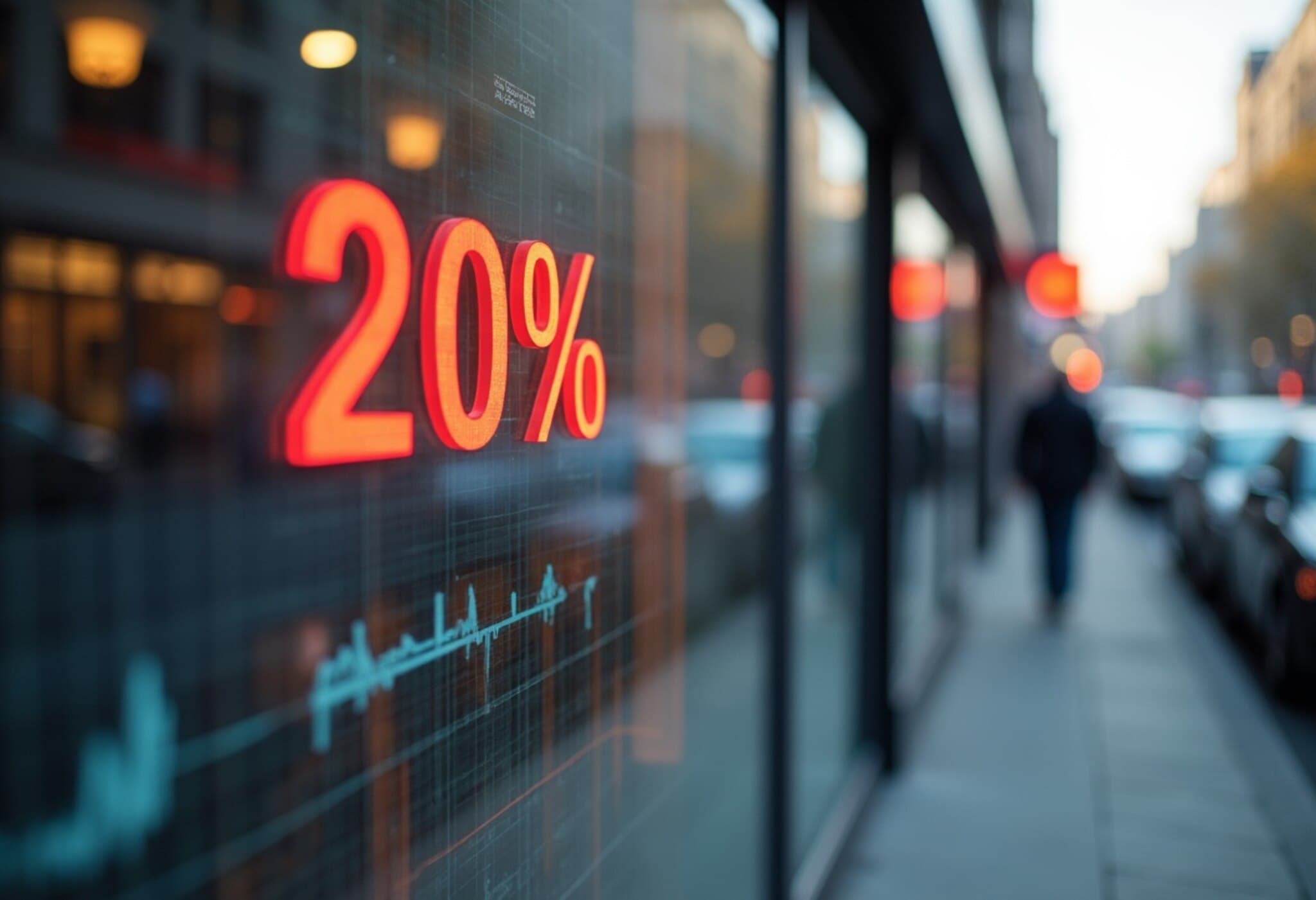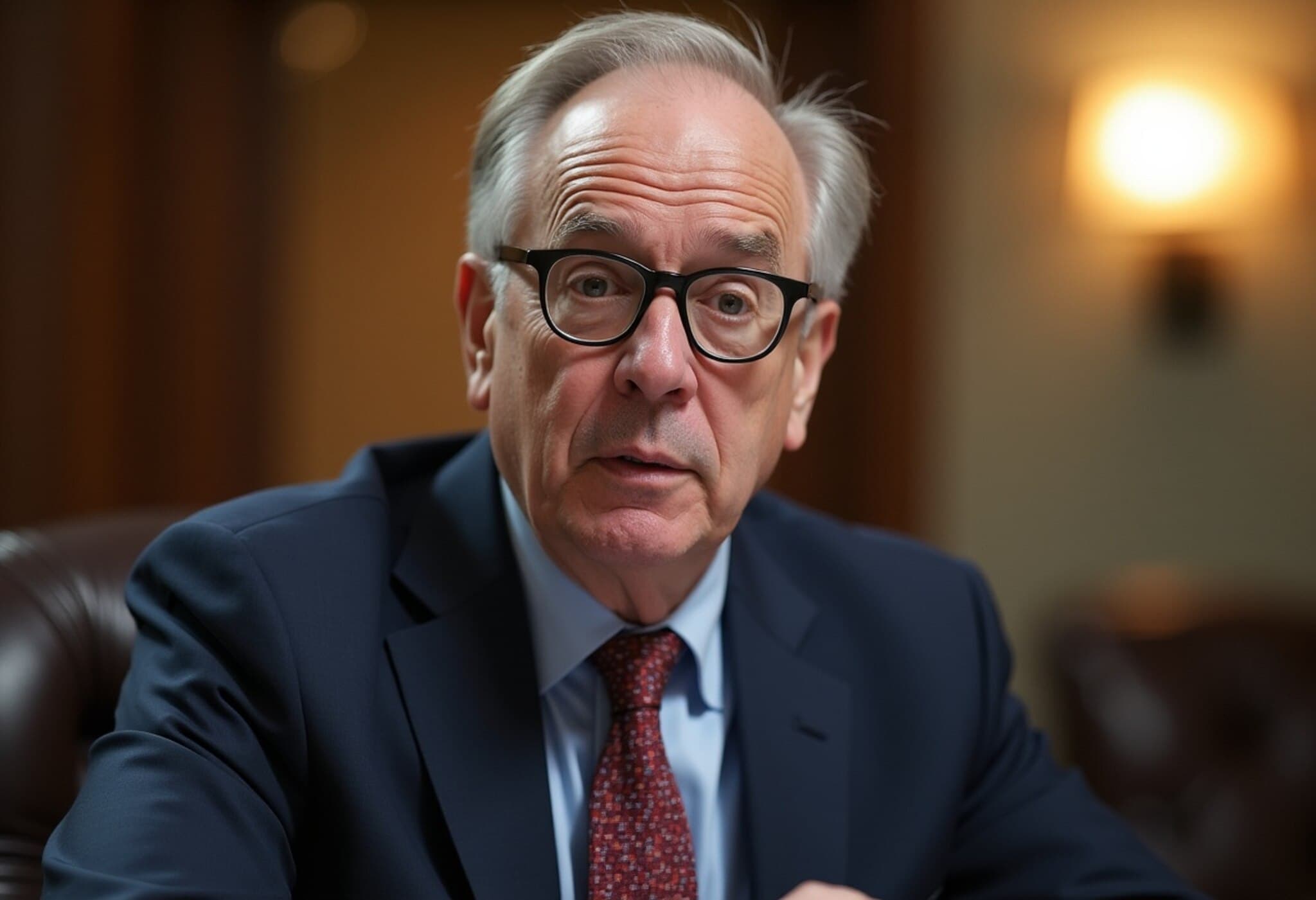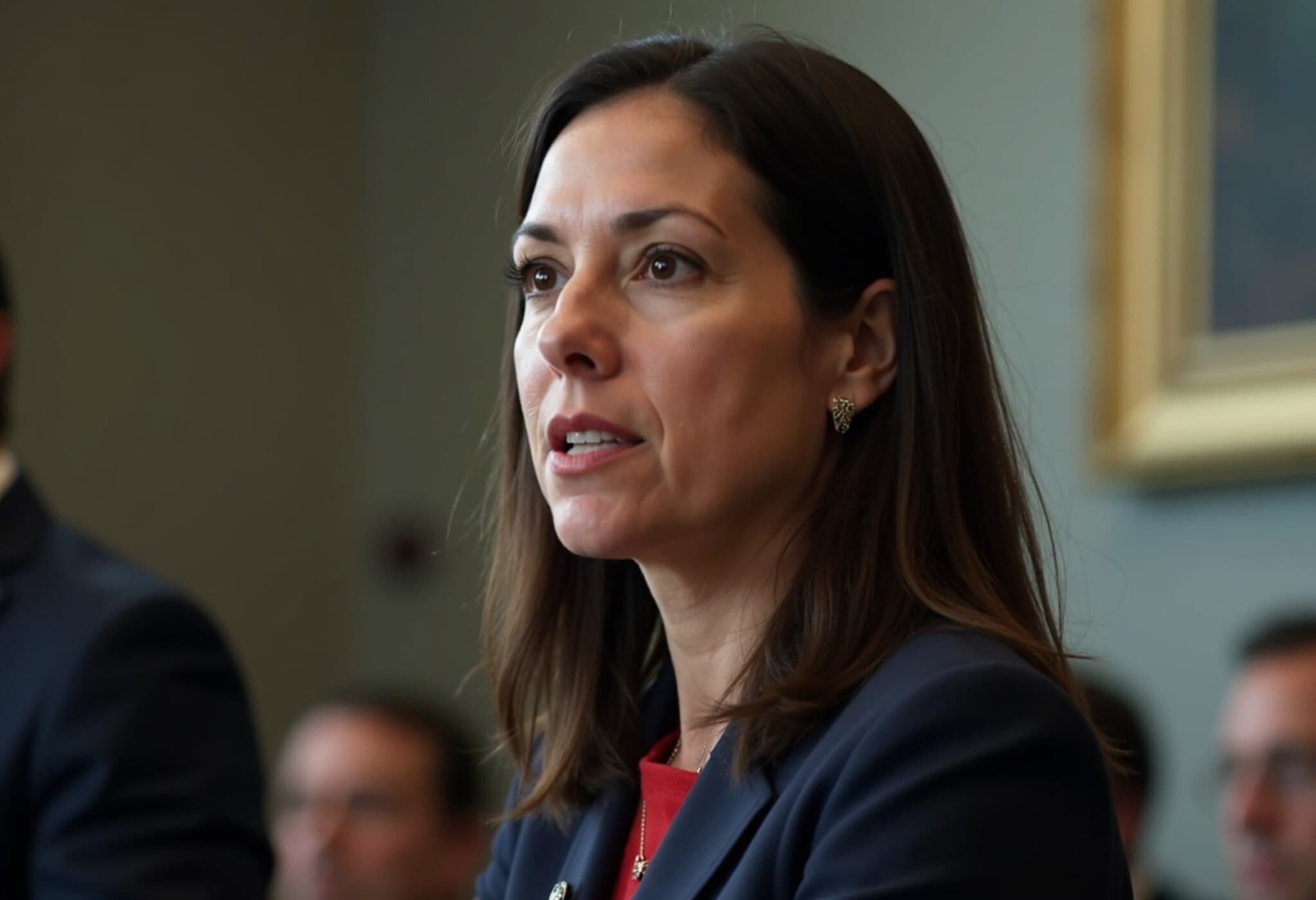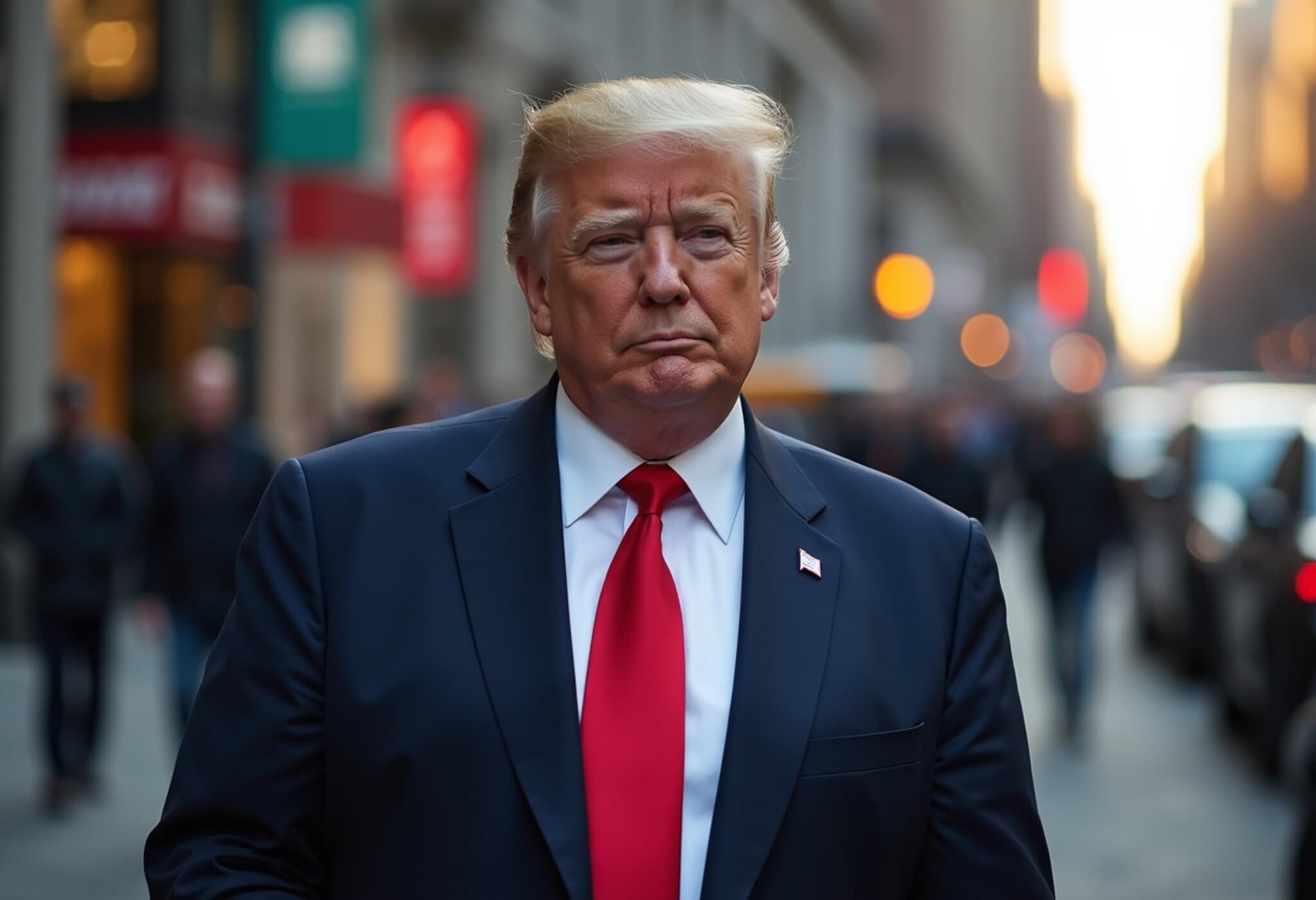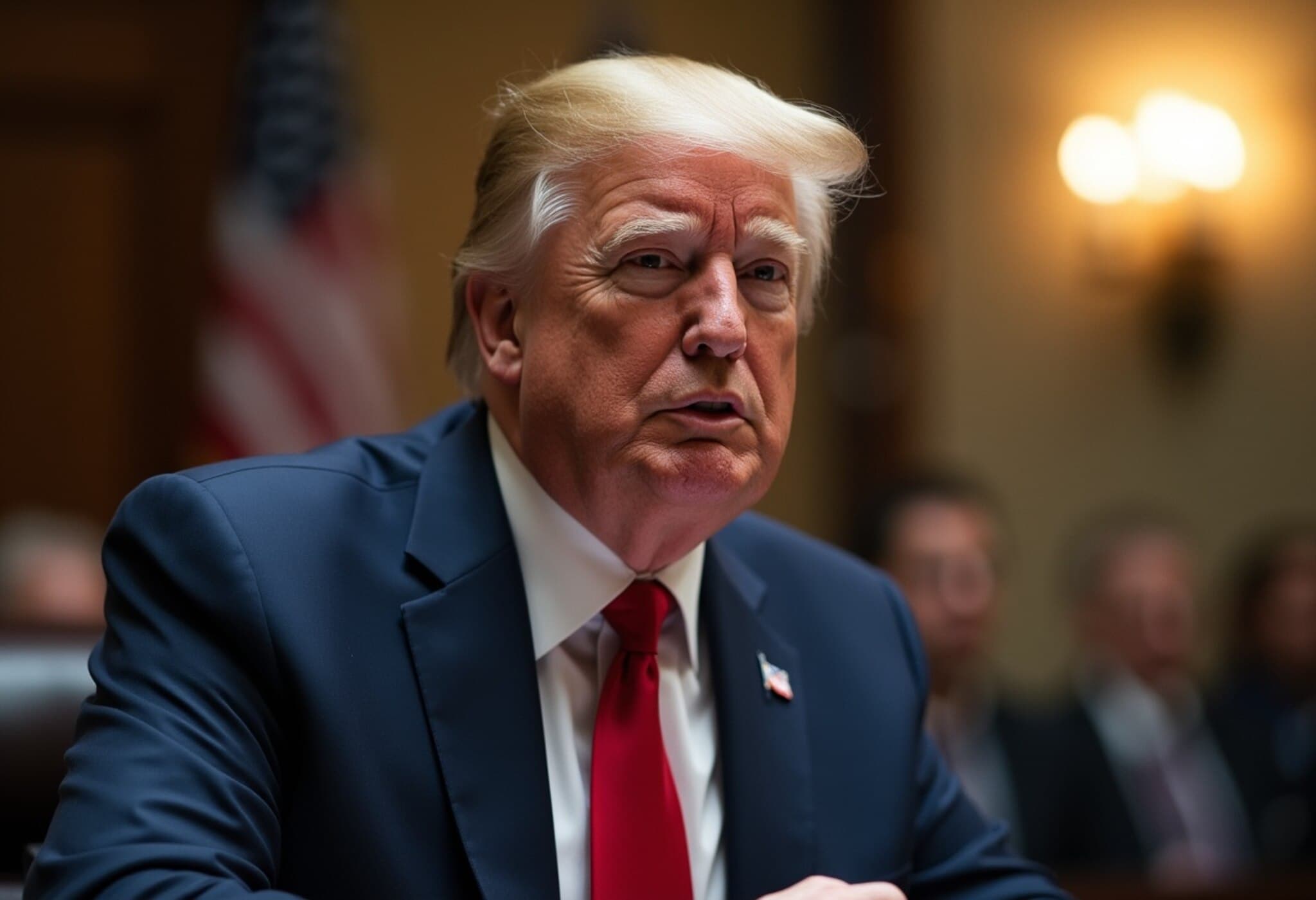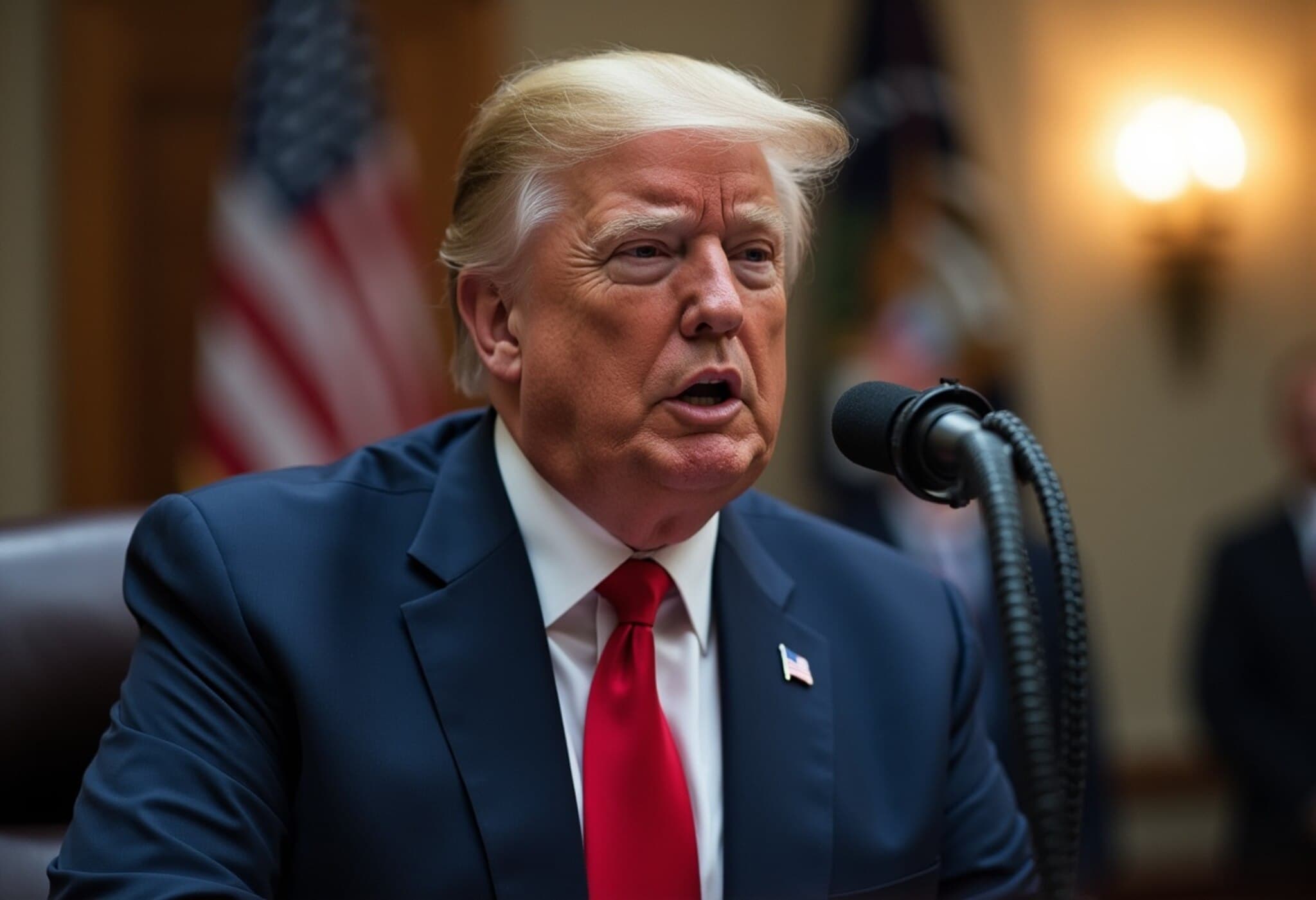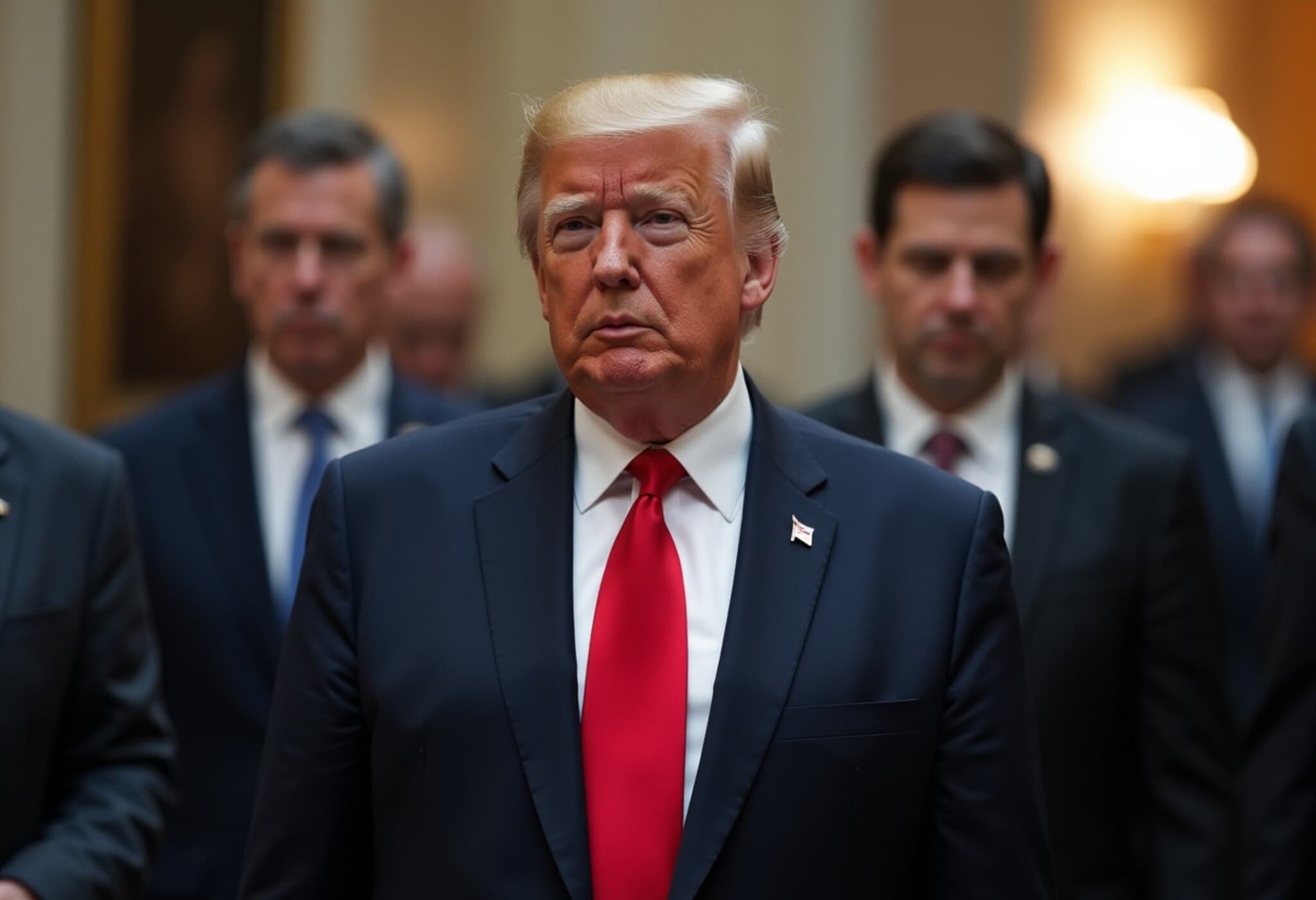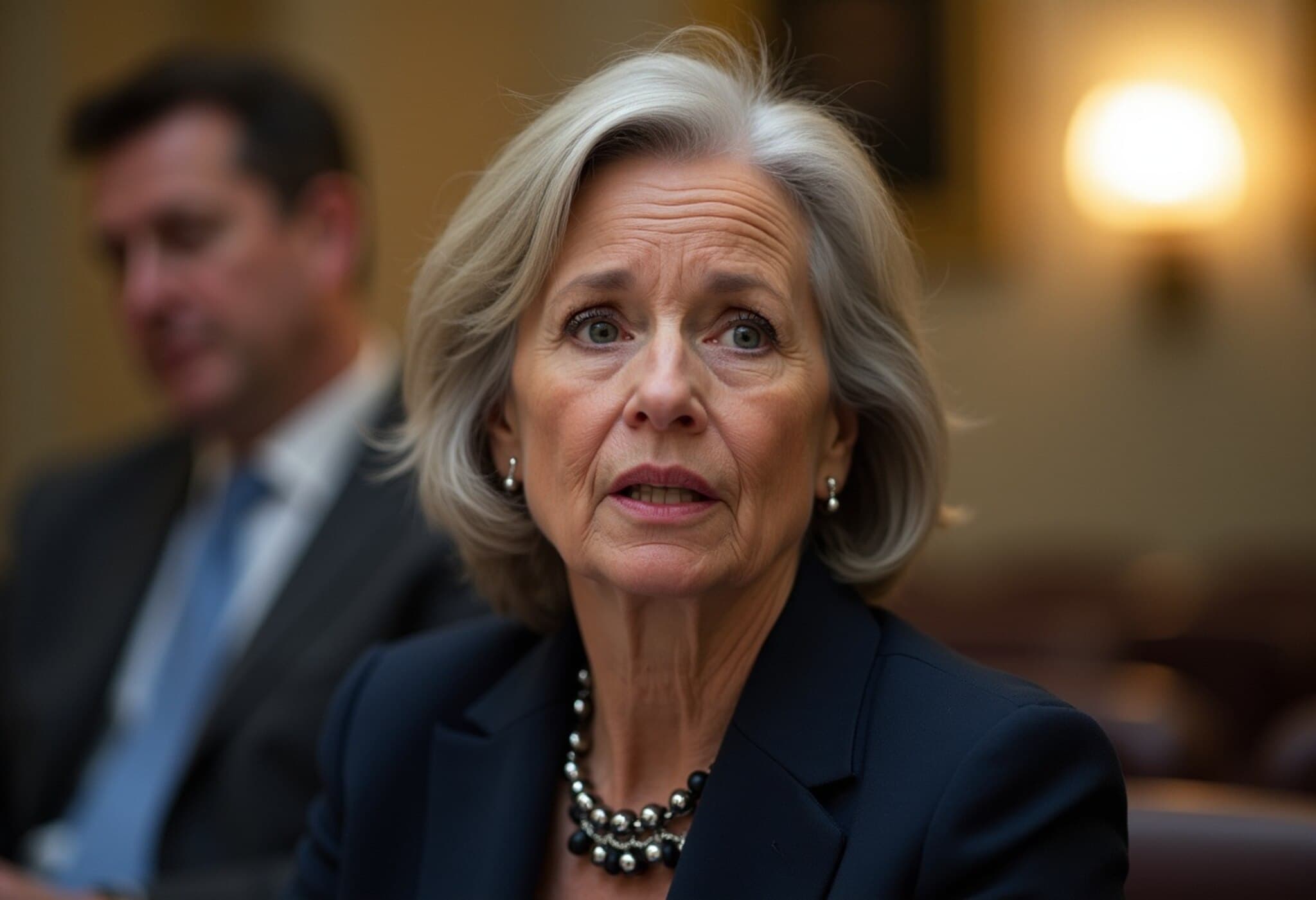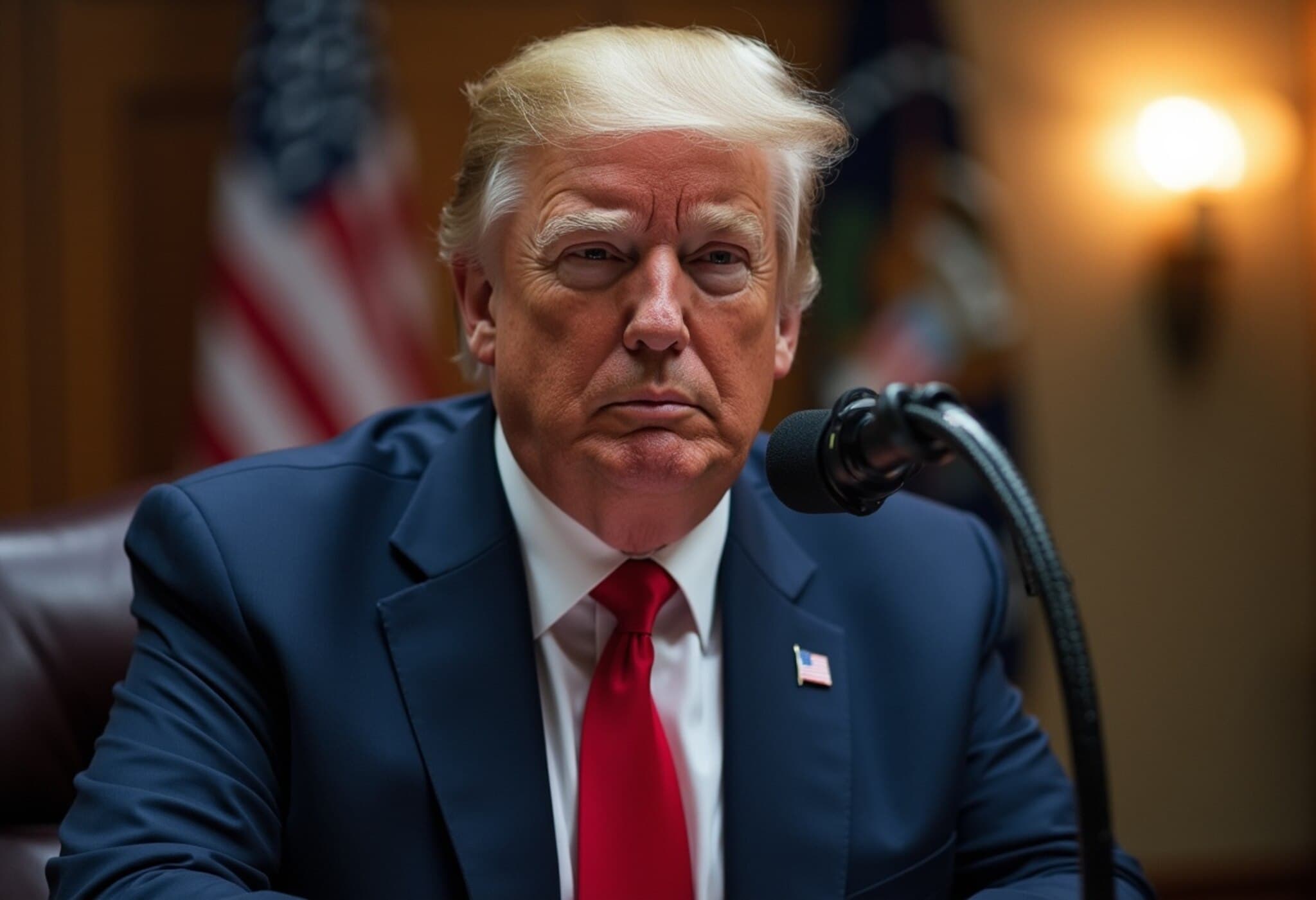U.S. Treasury Secretary Urges Reevaluation of the Federal Reserve Amid Market Optimism
On Monday, the U.S. stock market celebrated a milestone as the S&P 500 index closed above 6,300 for the first time ever, signaling robust investor confidence despite ongoing uncertainties. However, behind the scenes, Treasury Secretary Scott Bessent voiced sharp critiques of the Federal Reserve's current approach, urging a comprehensive review of the central bank's policies in light of persistently low inflation.
Bessent Challenges Fed’s Inflation and Rate Policies
In a candid interview with CNBC, Secretary Bessent questioned the Federal Reserve's reluctance to adjust interest rates earlier this year. Noting that the U.S. economy has experienced "very little, if any, inflation," he remarked with a hint of frustration, "I think this idea of them not being able to break out of a certain mindset... all these Ph.D.s over there, I don't know what they do." His comments underscore a growing debate among policymakers about whether the Fed’s traditionally cautious stance adequately matches today’s economic realities.
Trade Tensions and Tariff Deadlines: A Double-Edged Sword
Bessent also highlighted looming tariff deadlines set for August 1, which he believes will intensify pressure on America’s trading partners to renegotiate agreements. While tariffs remain a contentious tool globally, the Treasury Secretary expressed optimism that such deadlines could pave the way for "better agreements," reflecting the Trump administration's ongoing reliance on tariffs as leverage in trade negotiations.
Record-Setting Stock Markets Amid Unsteady Ground
Despite political and economic headwinds, Wall Street has shown remarkable resilience this summer. The S&P 500’s landmark close above 6,300 was propelled primarily by significant gains in technology and consumer discretionary stocks, sectors that continue to benefit from strong earnings and positive investor sentiment.
However, financial experts caution that a storm may be brewing. The stock market's upward momentum clashes with uncertainties from tariff impacts, geopolitical tensions, and the Fed’s indistinct policy path, all of which could introduce volatility in the coming months. Investors would be wise to prepare for possible fluctuations despite the optimistic facade.
Bitcoin and the Trump Media Strategy
Intriguingly, analysis reveals that Trump Media has amassed approximately $2 billion in bitcoin holdings, positioning cryptocurrency as a key component of former President Donald Trump’s financial portfolio. This pivot toward digital assets highlights a broader trend of political figures and institutions exploring alternative wealth avenues amid traditional market unpredictability.
Global Spotlight: European Small Caps and U.S.-China Tech Rivalry
- European small caps appear poised for growth, buoyed by a weak dollar and Goldman Sachs analysts’ expectations of a strengthening European economy. These firms, often overshadowed by their larger counterparts, could offer compelling investment opportunities in a shifting global landscape.
- In technology, Nvidia’s recent strides—which seem to have Washington's approval—spark debate over U.S. dominance in artificial intelligence versus China's ambitious push to cultivate its own semiconductor and AI sectors. Experts suggest that Nvidia's advancements may solidify America’s leadership while giving China crucial time to develop competing capabilities.
Contextual Insights: What This Means for American Policy and Investors
Bessent’s direct challenge to the Federal Reserve reflects broader tensions within U.S. economic policy circles about how best to navigate inflation, growth, and monetary stability. For American workers facing a tight job market, these high-level debates trickle down to real effects: borrowing costs, employment opportunities, and wage growth.
Moreover, the intersection of tariffs and trade policy highlights the delicate balance between protecting domestic industries and engaging constructively on the world stage. Investors must weigh these factors carefully when positioning portfolios.
Finally, the growing prominence of cryptocurrency in political finance and the accelerating global competition in AI and semiconductors underscore the evolving nature of economic power. Navigating these shifts will demand vigilance from policymakers and investors alike.
Editor’s Note
While the stock market may be basking in historic highs, deeper currents of uncertainty—fed by Federal Reserve critiques, tariff pressures, and global tech rivalry—signal a complex road ahead. How will the Fed respond to calls for reevaluation? Can trade deadlines lead to genuine breakthroughs? And in this fast-changing landscape, what strategies should investors adopt to balance optimism with prudence? These are critical questions policymakers and the public must watch closely in the months to come.


